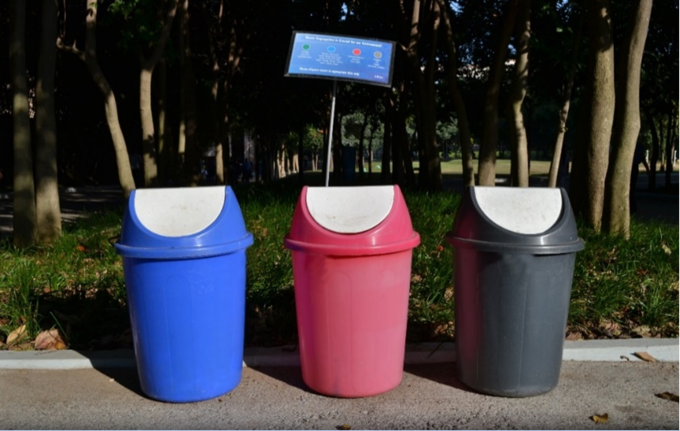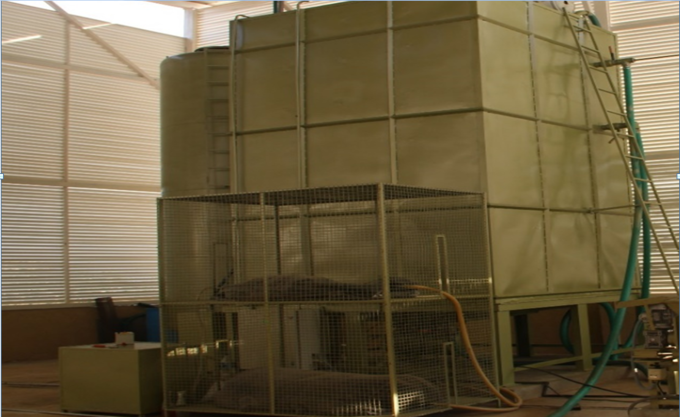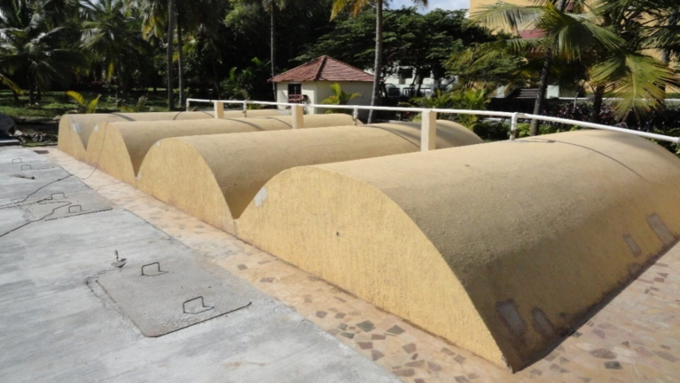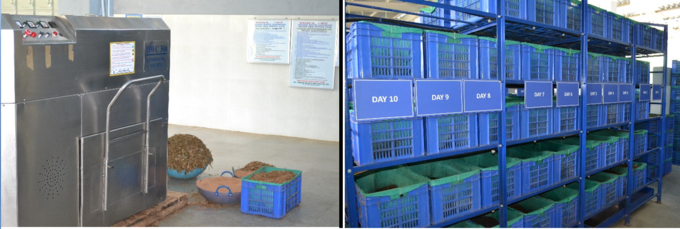 While we are hurtling towards urbanization, heaps of waste are growing even faster, causing a serious concern for the society. Poorly managed waste has an enormous impact on health,
While we are hurtling towards urbanization, heaps of waste are growing even faster, causing a serious concern for the society. Poorly managed waste has an enormous impact on health, Food waste, specifically, has profound social and environmental implications, considering that about 795 million people in the world do not have enough to eat. In addition, rotten food generates methane which adds up to the GHG emissions in the environment. Of the one-third food produced globally for consumption every year, about 1.3 billion tonnes gets lost or wasted. As large corporates generate huge amounts of food waste, it is essential for them to ensure responsible
While there is enough awareness with respect to food security and its potential landfill gas generation, only very few companies have invested in treating their food waste on-site. However, there has been a wave to derive internal policies that mandates the change in consumption and food wastage. A prominent step has been to serve measured portion of food to employees by relating it to health benefits, influencing conscious consumption and reducing wastage. Segregation and composting are also holding an important position in many companies’ food waste management agendas.

The restriction of food serving limited to food courts has reduced the mixed waste fraction and super- efficient collection of food waste. Every campus has a dedicated food waste storage room wherein appropriate cooling temperature is maintained at 5degreeC. We have piloted and installed various technology for food waste treatment. We have installed technologies such as biogas plants and organic waste converters to treat our food waste on-site. Biogas plants installed at our Mysore, Bangalore, Hyderabad, Bhubaneshwar, Pune and Trivandrum campuses
convert our food waste into biogas, which is in turn used in the food court kitchens.


We also have organic waste converters at our campuses in Trivandrum, Jaipur, Hyderabad, Chandigarh, and Bangalore, to convert food waste into rich manure that is further used in our campuses for landscaping. We have also employed vermicomposting in Mangalore and Pune to recycle small quantities of food waste into compost.

Our total installed biogas capacity is 9.25 Tonnes per day (TPD) having a potential of generating about 500 Kgs of LPG equivalent daily, for further use. Another 3.5 TPD of composting plants generating 1 TPD of manure every day is in place. These initiatives are enabling us to treat 100% of our food waste in-house.
In addition to this, employee engagement and awareness programs are conducted across campuses through eco clubs to sensitize employees on segregation and responsible disposal and treatment of waste. All common areas and pantries have visually appealing posters on food waste management to educate employees. Infosys is leading from the front in this area ad has set new benchmarks in the industry by piloting new technologies and ideas to ensure reduce, recycle and reuse of waste effectively. Infosys’ efforts in waste management are helping divert considerable amount of waste from landfills, leading to reduced cost of transportation, carbon emission mitigation, and also minimized environmental impacts like land degradation, air pollution, and groundwater contamination.
(The article is authored by Guruprakash Sastry, Regional Manager – Infrastructure, Infosys)
Image credits: indiatimes, infosys
